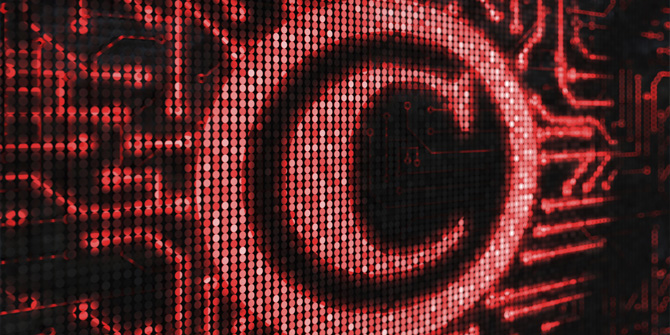Merely days after discussions on the open internet at the London Conference on Cyberspace, the British Recorded Music Industry (BPI) has written to BT asking them to voluntarily block UK access to the Pirate Bay website.
The letter from the influential rights holder lobbying group follows the landmark ruling that ordered the block of the Newzbin2 website under Section 97a of the Copyright, Designs and Patents act 1988.
Aside from applying through the courts, there is at present no other set procedure for applying to have an infringing site blocked. However, as the Open Rights Group recently reported, lobbying groups including the BPI have been calling for a self-regulatory system. One would hope that such a system would require a more thorough procedure than applying a postage stamp.
While the Newzbin2 case has set legal precedent in future cases requesting infringing site blocking, the critical issue is to ensure that any future blocking cases are decided with transparency and legitimacy, and not as a result of private correspondence between rights holders and ISPs behind closed doors.
In a welcome response, BT have told The Guardian that a court order would be necessary to proceed with any blocking action against Pirate Bay, thankfully recognising that ‘asking nicely’ does not constitute due process when it comes to internet censorship.
Earlier this year, the UN Special Rapporteur on the promotion and protection of the right to freedom of opinion and expression condemned the UK Government’s plans to legislate for web blocking and disconnecting infringing users from the internet.
.



